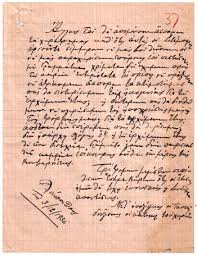
A trustee is obliged to follow the terms of the trust – McLeod v. McLeod, 2011 BCSC 1942.
The trustee is obliged to follow the terms of the trust. The principle is so basic that it does not need authority; however, it is described succinctly in Merrill Petroleum Ltd. v. Seaboard Oil Co. (1957), 22 W.W.R. 529 at 557 (Alta. S.C.):
… While it is also true that there are certain general obligations imposed by law on any trustee (e.g., the duty not to profit from the trust at the expense of the beneficiaries) the more specific obligations and duties of a trustee are set forth in the instrument creating the trust – in other words, except for those general duties imposed by law on all trustees, the terms of a trust are to be found within the four corners of the trust instrument. … In other words, the first duty of this trustee (as of all trustees) was to follow implicitly the terms of the trust instrument, and, secondly, to observe those general principles of trustee law which did not run counter to the express terms of the trust.
Where the text of the trust instrument is not ambiguous, it is inappropriate to consider surrounding facts and circumstances.
The settlor’s intention is to be discerned primarily from the text of the trust instrument: TLC The Land Conservancy of British Columbia v. The University of British Columbia, 2014 BCCA 473 at paras. 45–47;
A trustee’s exercise of wide discretion under the express terms of a trust will rarely be interfered with by a court.
Court Intervention
There are grounds that may justify the court’s interference in the exercise of a trustee’s discretion.
The court may interfere in the exercise of discretion by a trustee where:
a) the decision is so unreasonable that no honest or fair dealing trustee could have come to that decision;
b) the trustees have taken into account considerations which are irrelevant to the discretionary decision they had to make; or
c) the trustees, in having done nothing, cannot show that they gave proper consideration to whether they ought to exercise the discretion.
(Donovan W.M. Waters, Mark R. Gillen & Lionel D. Smith, Waters’ Law of Trusts in Canada, 4th ed (Toronto: Carswell, 2012))
These situations have long been recognized as appropriate circumstances for court intervention: Boe v. Alexander (1987), 41 D.L.R. (4th) 520 at paras. 20–21 (B.C.C.A.);
An example of a trustee’s extraneous consideration is a consideration that is not concerned with the welfare or benefit of the beneficiary of the trust, but with something else, such as disapproval of the beneficiary’s choice of spouse for racial or religious reasons




